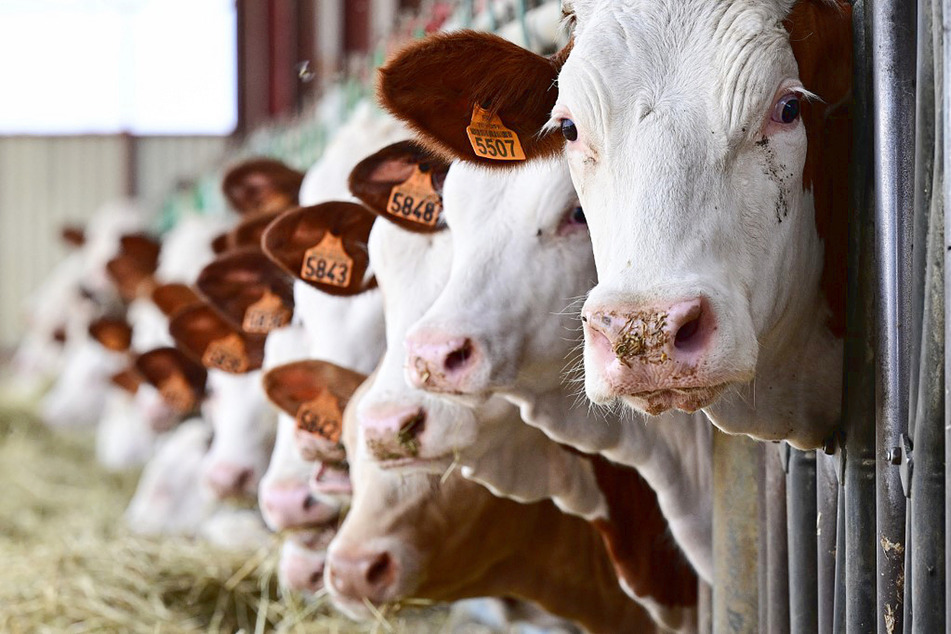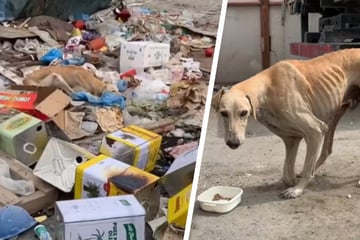Cow burps have a slippery solution to drop their climate impact
Davis, California – Cow burps are a problem for our environment, but a salty snack could be a piece of the solution.

Feeding cows a little seaweed with their regular diets can drop the amount of methane in their burps by up to 92%, according to new research seen by Inside Climate News.
The study, published on PLOS One, tested red seaweed that makes cow burps 80% less methane on average. That is a huge reduction for one of our favorite food animals since a cow burps out the same amount of greenhouse gasses that burning 900 gallons of gasoline emits.
Using this kind of seaweed could be a solid green move since methane can intensely drive climate change. The warming effect of methane is roughly 80 times heftier than CO2 over a 20-year window.
But feeding cows seaweed isn't the only way to reduce greenhouse gas emissions.
Fewer cows would be more effective
Even if all cows were belching out less methane, the most effective way to cut greenhouse gas emissions from the beef and dairy industries would be to have fewer cows.
Plus, growing and transporting the seaweed needed to make cow burps better for the environment takes space, energy, and can easily turn into a new source of more emissions.
But there are other options out there for keeping the methane from cows out of the atmosphere, like trapping the gas and turning it into a biogas.
Now that time is running out to stop the climate crisis and its effects are already being felt, any reduction is welcome – especially since cows don't seem to be going away any time soon.
Cover photo: SEBASTIEN BOZON / AFP
